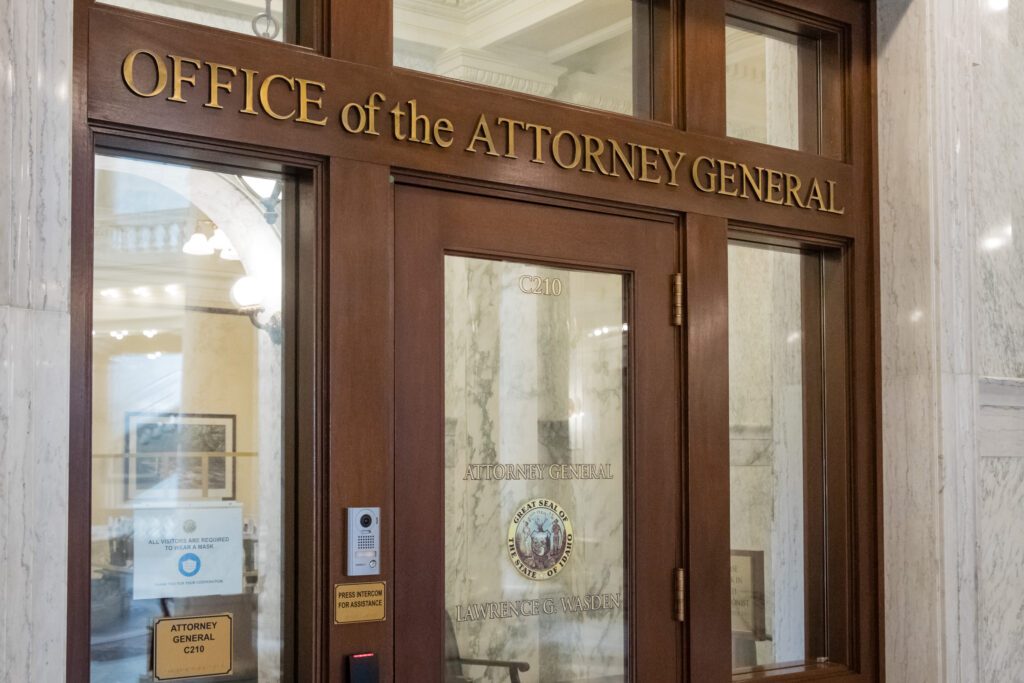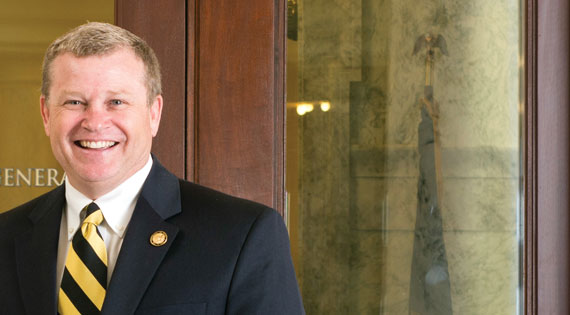 The Mountain States Policy Center (MSPC) recently burst upon the political scene in Idaho with ten policy recommendations for the legislatures of Idaho, Washington, Montana, Wyoming. The policies include spending public money for private schooling, lowering income tax rates and rejecting additional federal Medicaid funding. A legislator friend recently asked me about MSPC, telling me, “I’m thinking they are almost like the Idaho Freedom Foundation (IFF), but hoping not.” That description is close to the mark.
The Mountain States Policy Center (MSPC) recently burst upon the political scene in Idaho with ten policy recommendations for the legislatures of Idaho, Washington, Montana, Wyoming. The policies include spending public money for private schooling, lowering income tax rates and rejecting additional federal Medicaid funding. A legislator friend recently asked me about MSPC, telling me, “I’m thinking they are almost like the Idaho Freedom Foundation (IFF), but hoping not.” That description is close to the mark.
The most unsettling similarity between MSPC and IFF is that both are affiliated with the State Policy Network (SPN) and the American Legislative Exchange Council (ALEC). SPN supports right-wing “think tanks” in every state and has been appropriately described as “the tip of the spear of a far-right, nationally-funded policy agenda in the states that undergirds extremists in the Republican Party.” ALEC furnishes cookie-cutter legislative measures to extremist legislators for enactment of that agenda into state law. Both SPN and ALEC are affiliated with a web of other national far-right groups.
The President and CEO of MSPC is Chris Cargill, who previously served as the Eastern Washington Office Director of the Washington Policy Center (WPC). If you guessed that WPC is another affiliate of SPN and ALEC, you are absolutely correct. It is not clear what the appropriate catchphrase is–”birds of a feather flock together” or “you’re known by the company you keep”--but when the parent groups and policy aims of WSPC and IFF are so closely aligned, you have to wonder what the difference is.
MSPC contends it is an enlightened think tank that will present its policy ideas in a non-combative, non-political manner. And, to its credit, the board of directors of MSPC is not quite as extremist as that of IFF.
Education policy rates high on the agenda of both groups, but their differing approaches present a stark contrast. MSPC promotes “school choice,” but contends that it does not wish to harm the public school system. Compare that with the scorched earth tactics of the IFF, which is committed to getting rid of the public school system in Idaho. On December 31, IFF’s head honcho, Wayne Hoffman, said IFF was dedicated to “ending government schools to improve education in Idaho.”
Any comfort one may get from MSPC’s more genteel approach quickly dissipates when you read the following language in its education policy recommendation: “Opponents of education freedom have claimed that state constitutions in Idaho and Washington, specifically, forbid public money from being used for religious schooling. Unfortunately, this belief is the result of an extreme anti-Catholic bigotry put into the language of state constitutions at the time of statehood. Fortunately, the U.S. Supreme Court has struck down these discriminatory laws. As the Institute for Justice writes, ‘these obstacles to educational freedom are now largely a dead letter.’”
Idaho’s Constitution strongly prohibits use of taxpayer money for religious schooling. As any Idaho history student knows, the prohibition was prompted by anti-Mormon bias. The prohibition is not a dead letter. The Supreme Court ruled that states would have to fund religious schooling if, and only if, they used taxpayer money for other private schooling. And, it should be noted that the Institute for Justice is a right-wing organization linked to SPN, ALEC and other such groups. Based on just this one paragraph, it would be unwise to put a lot of store in what the MSPC has to say.
My working theory is that the IFF has sustained substantial damage to its credibility over the last year or so because of its vicious tactics and that MSPC was called in to present a kinder and gentler voice in advocating for the same basic goals–a good cop/bad cop approach to achieve the same basic results. The onus is on MSPC to demonstrate that such is not the case. See more on the MSPC education policy later in Part Two.









